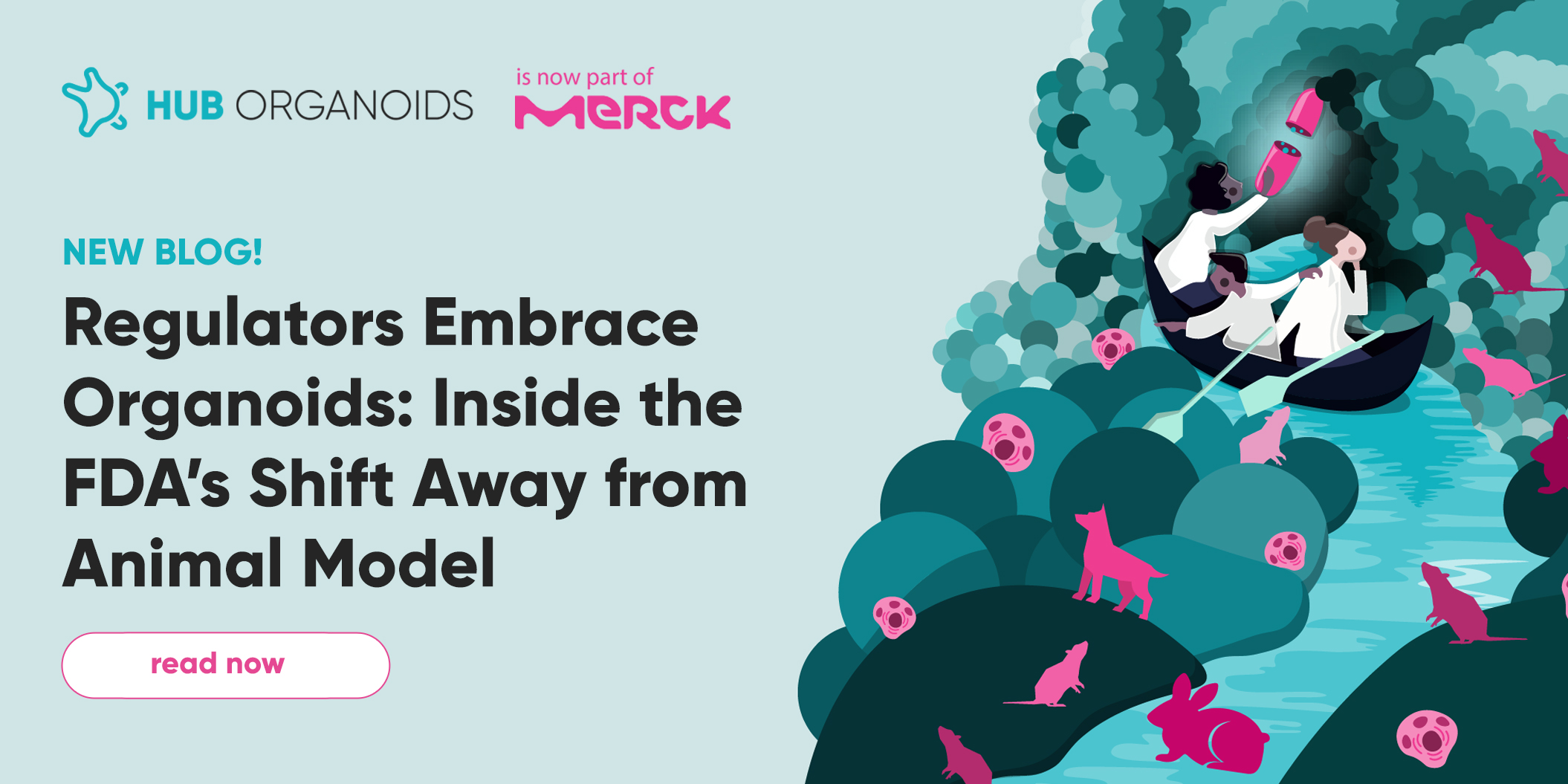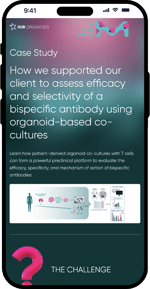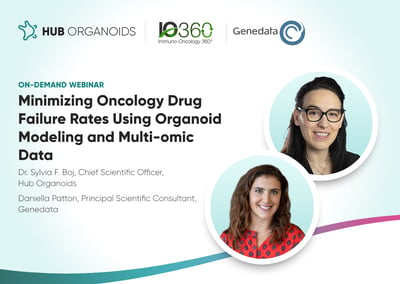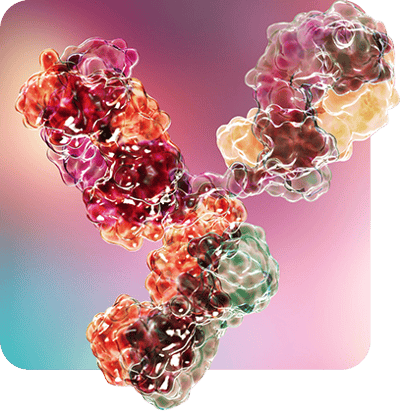Regulators Embrace Organoids: Inside the FDA’s Shift Away from Animal Model
Published by HUB Organoids on May 21, 2025

Last week, the FDA announced a transformative shift in drug development policy that monoclonal antibody (mAb) therapeutics may no longer require testing in animal models. Instead, the agency is endorsing next-generation approaches such as AI modelling and lab-grown human organoids designed to more accurately predict human responses and accelerate the path to clinical success.
For developers of complex biologics like bispecific antibodies, this signals a clear regulatory green light to invest in human-relevant, preclinical platforms. At HUB Organoids (now part of the Life Science Business of Merck KGaA, Darmstadt, Germany), we’ve been preparing for this change since day one.
The End of animal models? The FDA thinks so
The agency's new roadmap, developed in collaboration with the NIH and other federal partners, marks a decisive move toward non-animal methods (NAMs). These include organ-on-a-chip systems, human-derived organoids, and AI-driven simulations that model drug behavior in silico.
Why? Because despite decades of use, animal models often fall short in predicting clinical toxicity, especially for nuanced biologics like complex large molecules such as bispecifics or antibody-drug conjugates, where off-target activity or cytokine release syndrome can derail development late in the pipeline.

CASE STUDY
Bispecific Antibody Organoid Screen
Learn how we helped our client assess efficacy and selectivity using human organoid and T cell co-cultures
Organoids offer a human-centric alternative
The FDA’s new initiative validates what many biotech innovators already know: patient-derived organoids provide a window into human biology that animal models simply can’t match.
Unlike conventional 2D assays or animal models, our system preserves tumor heterogeneity, patient-specific antigen expression, and supports functional T cell co-culture, making it uniquely suited to evaluate the complex biology of T cell engagers. By enabling side-by-side assessment of on-target efficacy and off-tumor toxicity in matched tumor and non-tumor organoids, our platform delivers translationally predictive data that informs candidate selection, guides engineering decisions, and de-risks expensive in vivo studies.
Real results: from discovery to clinical candidate in 5 years
In a recent collaboration, our organoid screening platform was instrumental in helping a partner select and advance a bispecific antibody candidate from early discovery to the clinic- in just five years. By integrating predictive toxicity and functional efficacy data from our human organoid models, the development team was able to minimize costly animal studies, make smarter design decisions, and generate compelling data for IND submission. This kind of acceleration is no longer the exception but it’s the new standard.

ON-DEMAND WEBINAR
Minimizing oncology drug failure rates using organoid modeling and multi-omic data
Our Chief Scientific Officer shares how tumor organoids are advancing oncology drug development
The road ahead: regulation and Innovation in sync
As the FDA launches its pilot program allowing select monoclonal antibody developers to submit INDs without animal data, the time to adopt organoid-based approaches is now. The agency has committed to accepting IND applications that use well-validated NAMs, including those based on human tissue models, with the promise of streamlined review. This creates a strategic advantage for biotechs that invest early in human-relevant platforms, especially in complex biologics like bispecifics.
Conclusion: A new era for biologics
The FDA’s embrace of organoids and AI isn't just a regulatory shift, it’s a validation of the scientific vision that platforms like ours were built upon. By enabling safer, faster, and more predictive antibody development, patient-derived organoid technologies are poised to become a cornerstone of modern immunotherapy R&D. Whether you’re screening bispecifics, validating immune cell engagement, or reducing your reliance on animal models, our platform is ready to help you move forward—faster and with greater confidence.
Let’s talk about how we can accelerate your next bispecific antibody program.

Let’s bring human biology into your preclinical strategy
Start discussing your bispecific antibody project with our experts now
